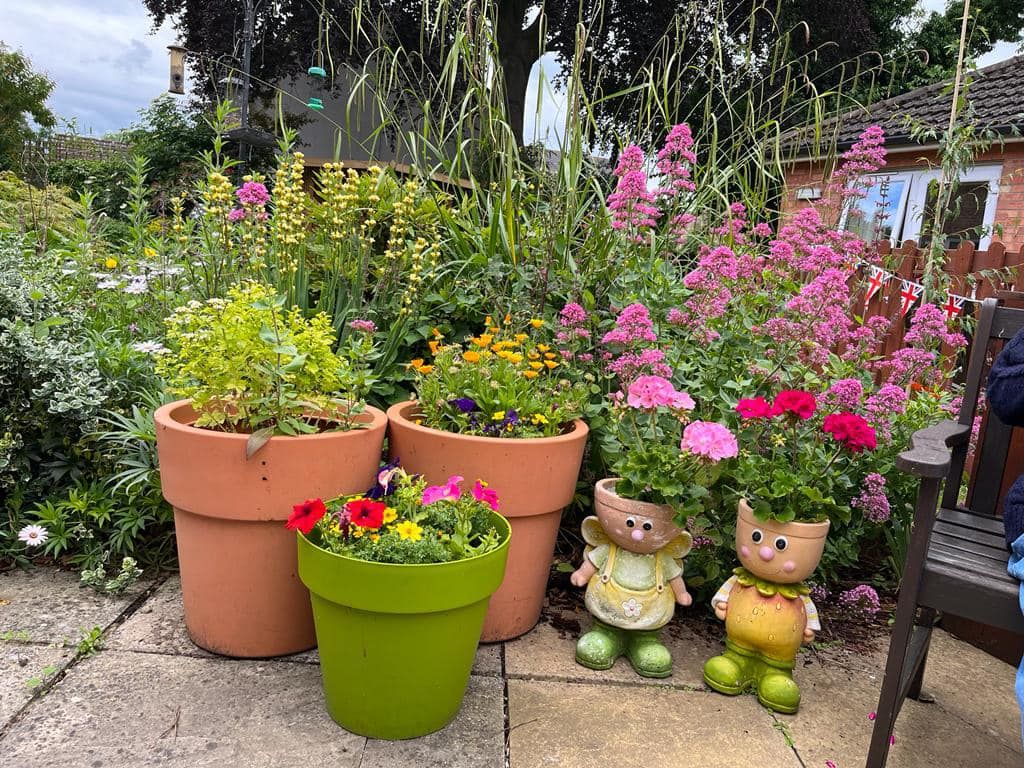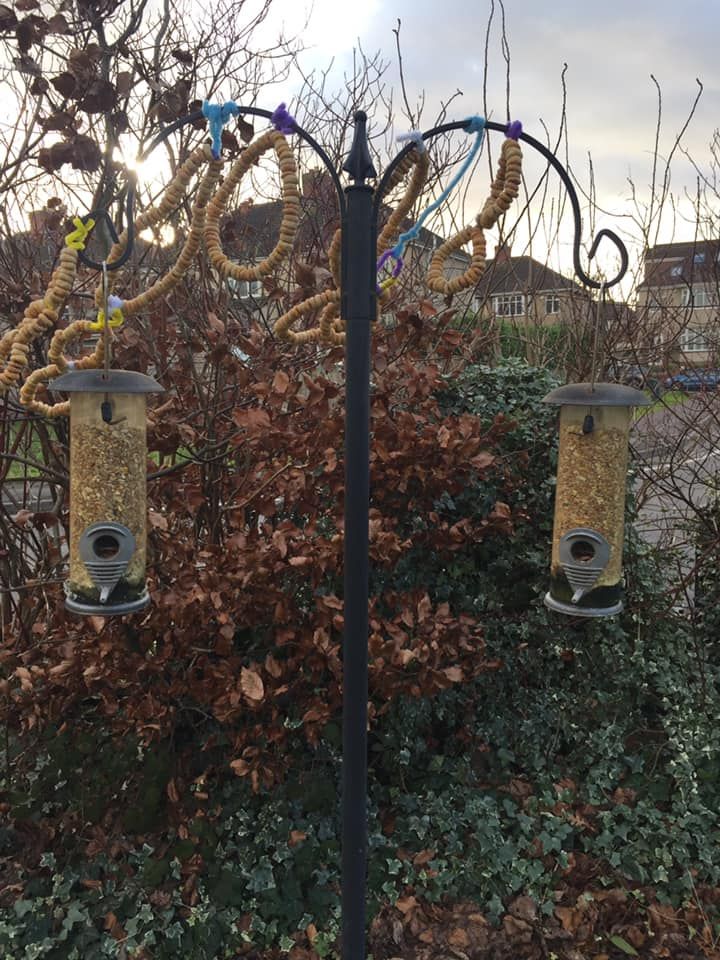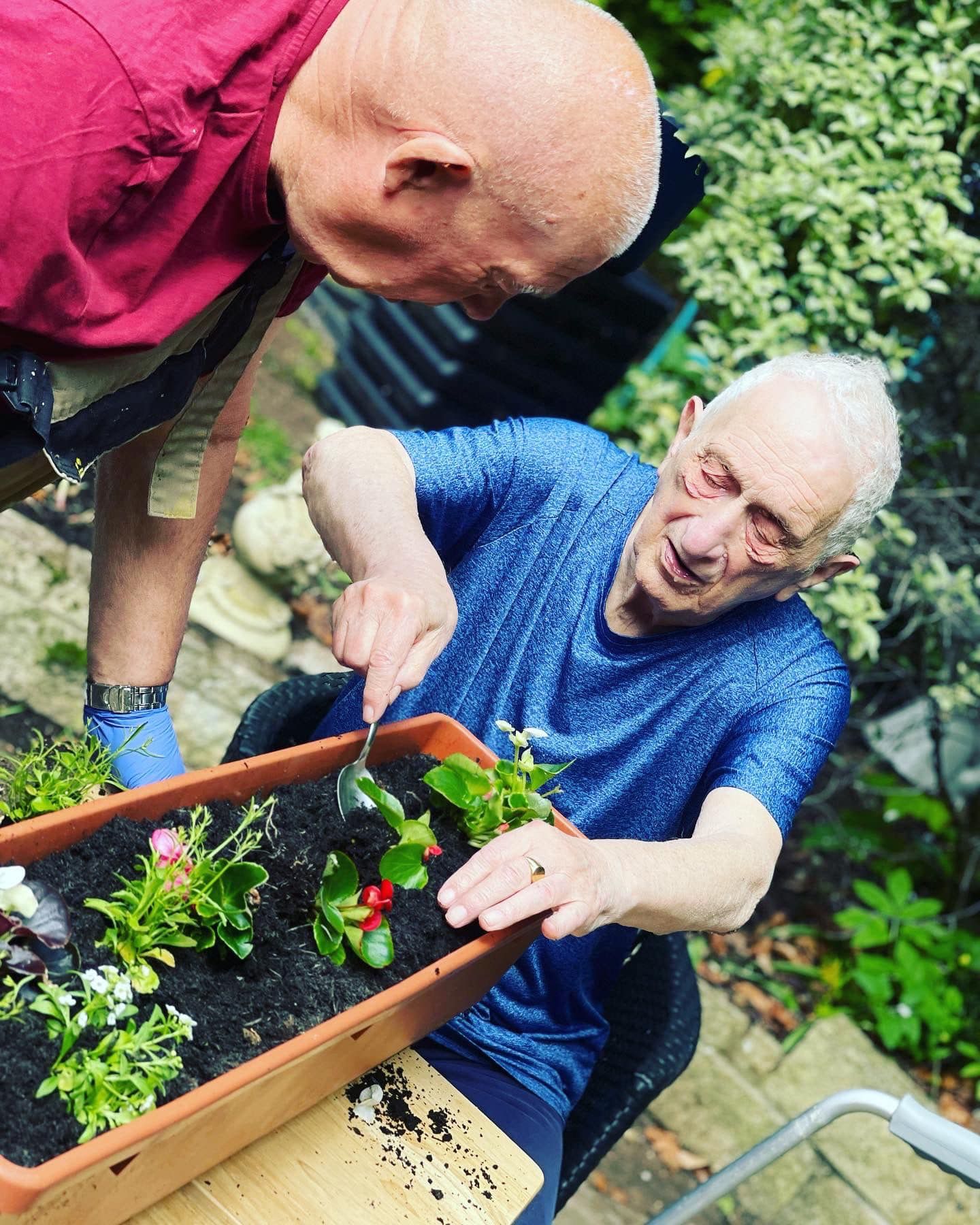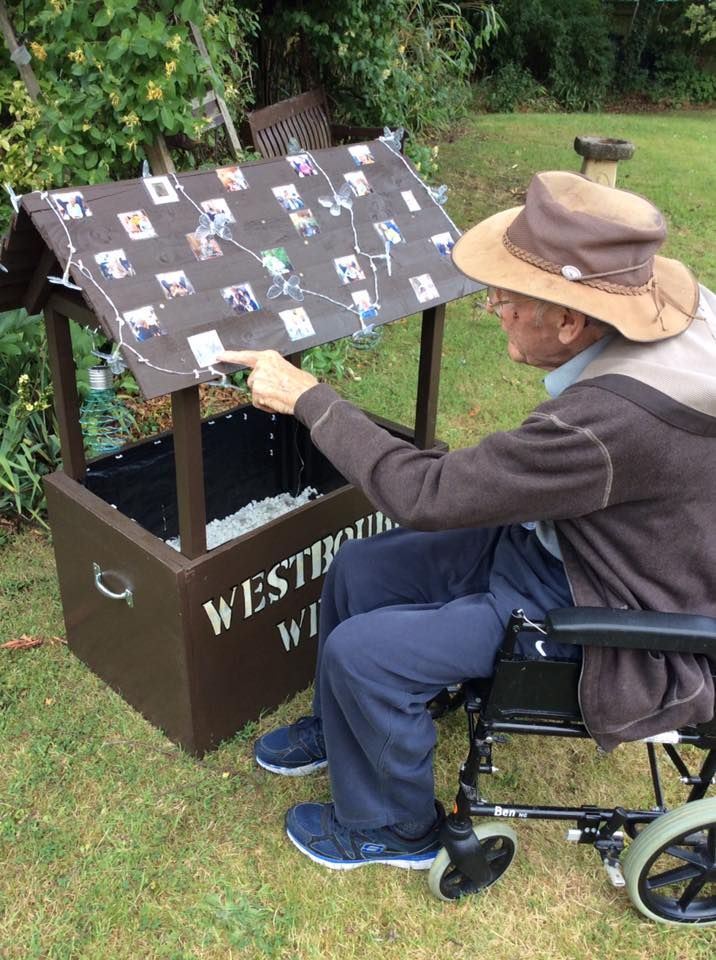Sensory gardens are amazing and offer so many benefits to people living with dementia. By engaging with nature, they can reduce stress, promote relaxation, and support overall mental wellness. Plus, gardening is a great way to get moving and promote better physical health and well-being. The residents in our care home love planting seasonal fruit and vegetables, which our chefs then use to prepare delicious and nutritious meals
A sensory garden is a garden designed to stimulate the senses. This type of garden often involves carefully selecting plants and features to engage the senses of sight, smell, touch, taste, and sound.
Touch can be stimulated through diverse plant textures, while wind chimes and water features offer auditory stimulation. Scented plants and herbs provide olfactory stimulation, and edible plants can even stimulate the sense of taste.
Sensory gardens offer a myriad of benefits to those living with dementia, including:
Engaging with nature can reduce stress, encourage relaxation, and promote overall mental wellness.
Gardening activities encourage movement, promoting better physical health and well-being. Many of the residents are keen on planting seasonal fruit and vegetables to be used by the cooks to prepare a balanced and nutritious meal. Many of our residents enjoy bird watching and participate in activities centred around wildlife, such as building bird feeders and houses. Last Halloween the seeds scrapped out of pumpkins were reused by toasting them for the squirrels visit Cleeve Lodge Residential Home Facebook page for the recipe
Different sensory experiences, like the scent of a plant or the sound of wind chimes, and the sound of running water can trigger memories and stimulate cognitive functioning. Our Green Willow Residential Home has a beautiful water feature and pond that has recently undergone a refurb with better netting that allows a clearer view of the fish and wildlife living in the pond.
Gardens are communal spaces that encourage interaction, reducing feelings of isolation. The residents enjoy being in the garden during warmer weather doing their favourite puzzles and group activities.




Creating a sensory garden is not as complex as it might sound. Here are a few garden ideas to consider:
Sensory gardens offer a range of therapeutic benefits to those living with dementia. Integrating elements like water features, scented plants, and seating areas provides a stimulating environment that can significantly enhance the quality of life.
If you’re considering creating a sensory garden, seek help from a professional or further resources for planning and design. With sensory gardens, we can provide a therapeutic and engaging environment that stimulates the senses, encourages activity, and brings joy to lives. Consider creating a sensory garden in your own home, and experience the profound benefits these spaces can offer.
Gardens are communal spaces that encourage interaction, reducing feelings of isolation. The residents enjoy being in the garden during warmer weather doing their favourite puzzles and group activities.